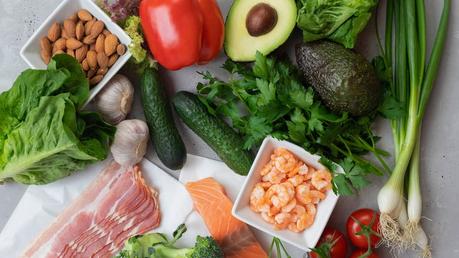
A new review, published in The Journal of Clinical Investigation, explains how carbohydrate reduction has been used to treat diabetes since the 1700s.
Some may find it surprising that low-carb diets have such an expansive history. But that's what makes this review from Dr. David Ludwig, a Harvard physician, so important.
A diet that's been used medically for over 300 years is hardly "fringe" or a "fad." Yet, that is how many in today's medical and nutritional landscape portray low-carb diets.
Perhaps they could benefit from reading this article.
Dr. Ludwig and his colleagues summarize over 300 years of history in their paper. They take us on a journey showing how the standard of care for treating diabetes changed from carb reduction to a combination of medications and a low-fat diet.
As the authors state in the article, this change did not occur "because of demonstrated superiority for long-term outcomes" - but instead because insulin injections can temporarily "ameliorate the acute metabolic effects of carbohydrate consumption."
The rise of insulin therapy, along with the confusion between ketosis and ketoacidosis and an overly narrow focus on low-density lipoprotein (LDL) cholesterol, hastened the transition from low-carb to low-fat diets.
But to Ludwig and his team, this doesn't make sense.
The review compares the ease of carbohydrate reduction versus the modern approach of expensive medications that have the potential for adverse effects. The authors also summarize the evidence for carbohydrate reduction as a safe and effective treatment for insulin and blood sugar-related disorders.
In the end, the authors acknowledge the need for ongoing research, and they make the case that the "old" therapy of carbohydrate reduction should become "new" again.
If you are interested in learning more about low-carb diets, you can start with our beginners guide to low carb, or you could learn more about how to reverse type 2 diabetes in our dedicated guide.
Thanks for reading,
Bret Scher, MD, FACC
Start your FREE 30-day trial!
Get delicious recipes, amazing meal plans, video courses, health guides, and weight loss advice from doctors, dietitians, and other experts.

